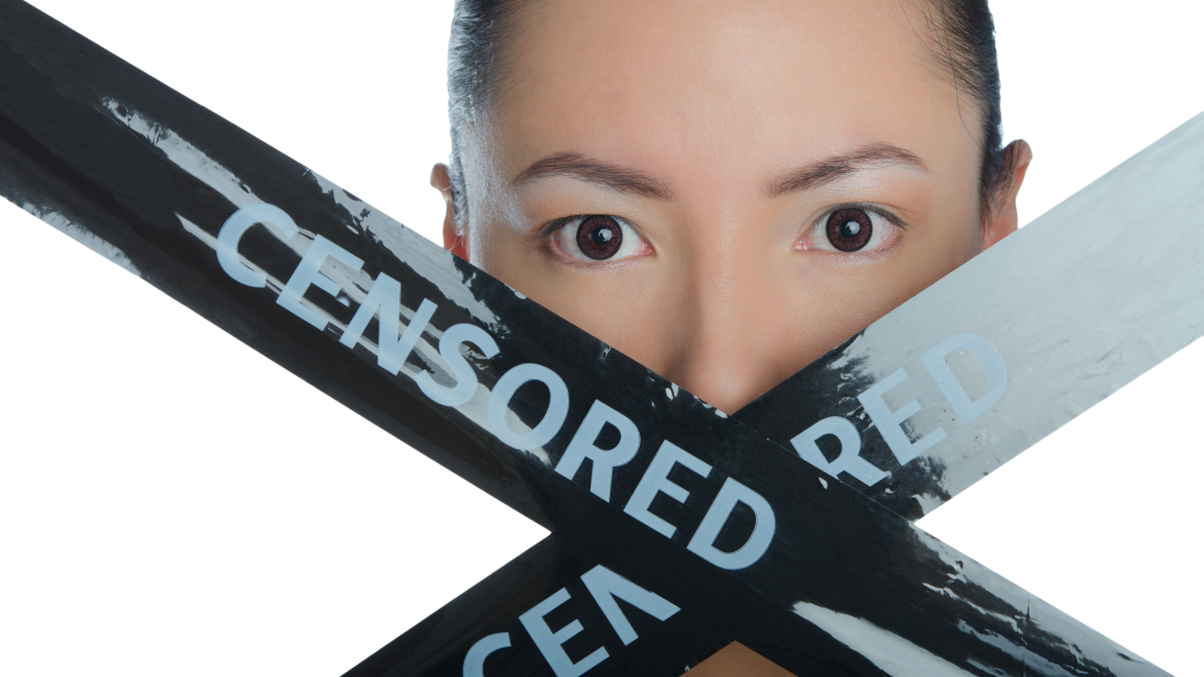HK could pay a financial price for hindering free speech
China's apparent pressure on Hong Kong to expel a senior journalist offers a worrying sign about the city's eroding independence, which could have far-reaching financial consequences.

The Hong Kong government’s decision in October to expel Victor Mallet, the Asia news editor of the Financial Times, and then to deny his request for even temporary re-entry, stank of the heavy-handedness of Beijing.
Sign in to read on!
Registered users get 2 free articles in 30 days.
Subscribers have full unlimited access to AsianInvestor
Not signed up? New users get 2 free articles per month, plus a 7-day unlimited free trial.
¬ Haymarket Media Limited. All rights reserved.


